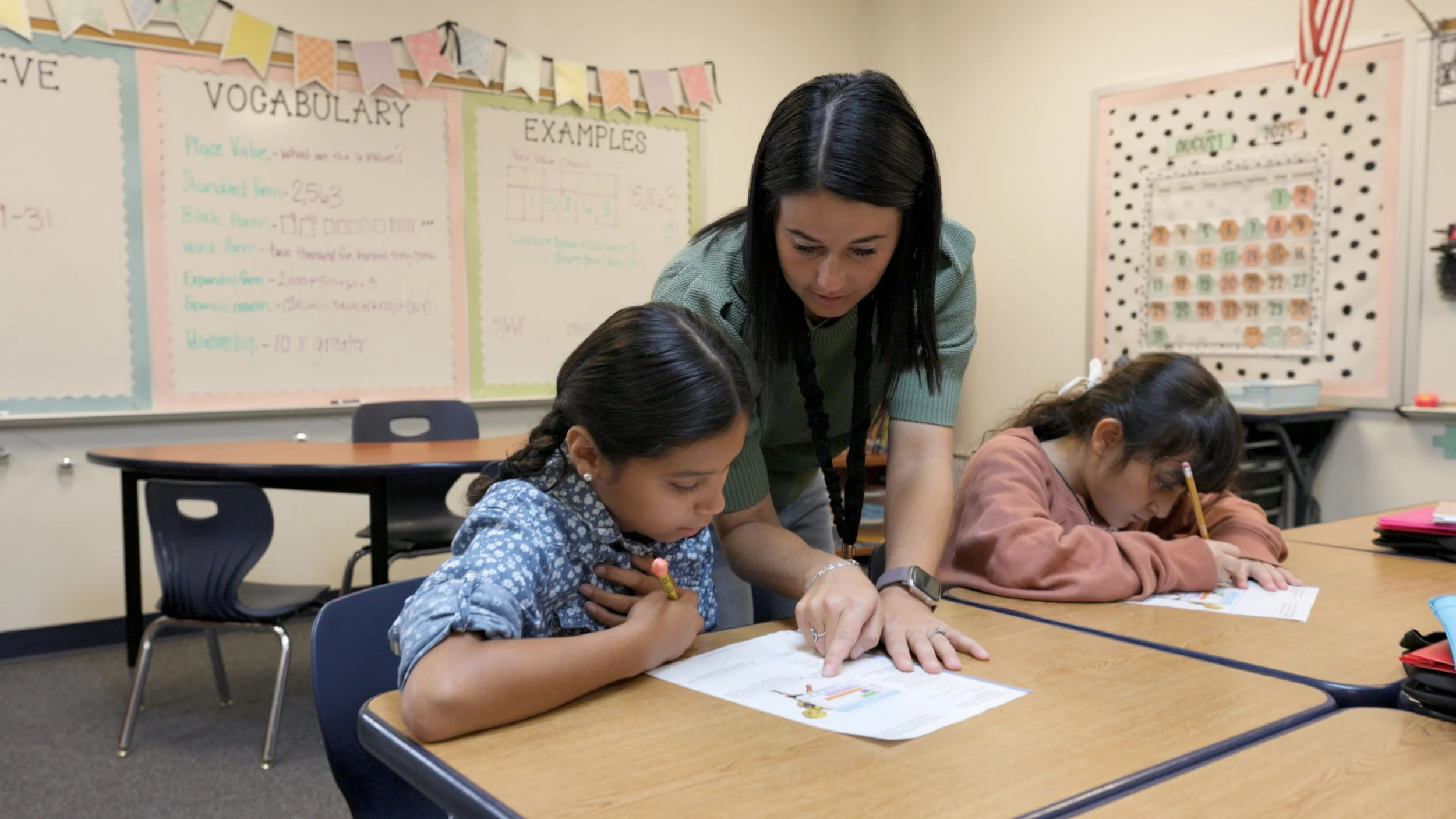
Frequently Asked Questions
Bond
-
School districts are required by state law to ask voters for permission to sell bonds to investors in order to raise the capital dollars required to renovate existing buildings or build a new school. Essentially, it’s permission to take out a loan to build, renovate and pay that loan back over an extended period of time, much like a family takes out a mortgage loan for their home. A school board calls a bond election so voters can decide whether or not they want to pay for proposed facility projects.
-
The district has a limited bonding capacity. The Bond Facility Planning Committee discussed various bond packages, but ultimately decided to focus on what they identified as "urgent" projects at this time to plan responsibly for future growth. Addressing these projects now, while also preparing for growth, allows the district to manage its bonding capacity, pay down existing debt, and preserve the ability to bring a future bond package forward to address additional growth-related projects.
-
Working with the Board of Trustees, teachers, and administrators from across the district, the facilities planning committee developed a list of items to consider for inclusion in a bond package. The District has been evaluating current facilities and equipment, ongoing enrollment, growth, and other district priorities with the Board of Trustees.
-
Yes. Recent research by the Environmental Protection Agency suggests that a school’s physical environment can play a major role in academic performance. Leaky roofs and problems with heating, ventilation and air conditioning systems can trigger a host of health problems – including asthma and allergies – that increase absenteeism and reduce academic performance. Research links key environmental factors to health outcomes and students’ ability to perform.
VATRE
-
Bond
If the voters approve the bond, there will be a $0.039 (4 cents) tax rate impact. For the average home in BISD valued at $287,230, that impact would be $4.76 per month.
VATRE
If passed, voters would see a $0.08 (8-cent) increase on their annual taxes due to the VATRE. However, historically, BISD’s tax rate has consistently fallen. This tax rate increase will result in a tax increase of $1.18 per month for the average home value worth $287,230 in Bland ISD.
Bond + VATRE
If both propositions pass—the Bland ISD bond and VATRE—pass, the district projects a tax rate impact of $0.119 (12 cents). For the average home in BISD valued at $287,230, that impact would be $5.94 per month.
-
A school district’s tax rate is comprised of two components: the Maintenance & Operations tax (M&O) and the Interest & Sinking tax (I&S). The M&O rate is used to operate the school district including salaries, utilities, furniture, supplies, food, gas, etc. The I&S rate is used to pay off school construction bonds. Bond sales only affect the I&S rate.
-
If you qualify for an age 65+ or disabled person residence homestead exemption, the school district taxes on that residence homestead cannot increase as long as you own and live in that home. The tax ceiling is the amount you pay in the year that you qualified for the age 65+ or disabled person exemption. The school district taxes on your residence homestead may go below but not above the ceiling amount.
-
Texas legislature passed laws in 2019 requiring all school bond elections to include the following language on the ballot: “THIS IS A PROPERTY TAX INCREASE.” The state mandates all bond ballots to include this language regardless of what individual exemptions each voter may have. The passage or failure of this bond will not impact your school district tax amount if you have an approved homestead exemption.
-
A Voter-Approval Tax Rate Election (VATRE) is a special election that allows school districts in Texas to seek voter approval to increase their Maintenance and Operations (M&O) tax rate above the state-mandated threshold. The M&O tax rate is part of the overall property tax rate and is used primarily for the day-to-day operations of schools, including salaries, utilities, and supplies.
Under Texas law, if a school district wants to set its M&O tax rate above a certain amount, it must obtain approval from the voters in the form of a VATRE.
VATR elections must be in November.
-
A VATRE in Bland ISD would generate additional general operating revenue to address:
Teacher and Staff Retention (Salaries)
Staff Insurance and Benefits
Instructional Costs
Maintenance and Operations Costs
-
The school district itself does not set property values. Property values are determined by the Hunt County Appraisal District, an independent government agency responsible for estimating the market value of properties in the county each year.
The Appraisal District looks at things like:
Recent sales of similar homes in your area
Market trends (supply and demand)
Improvements or changes made to your property
Overall neighborhood growth and development
In short: The school district doesn’t control your home’s value—the real estate market and the county appraisal process do.Find out more information at https://hunt-cad.org/ .

